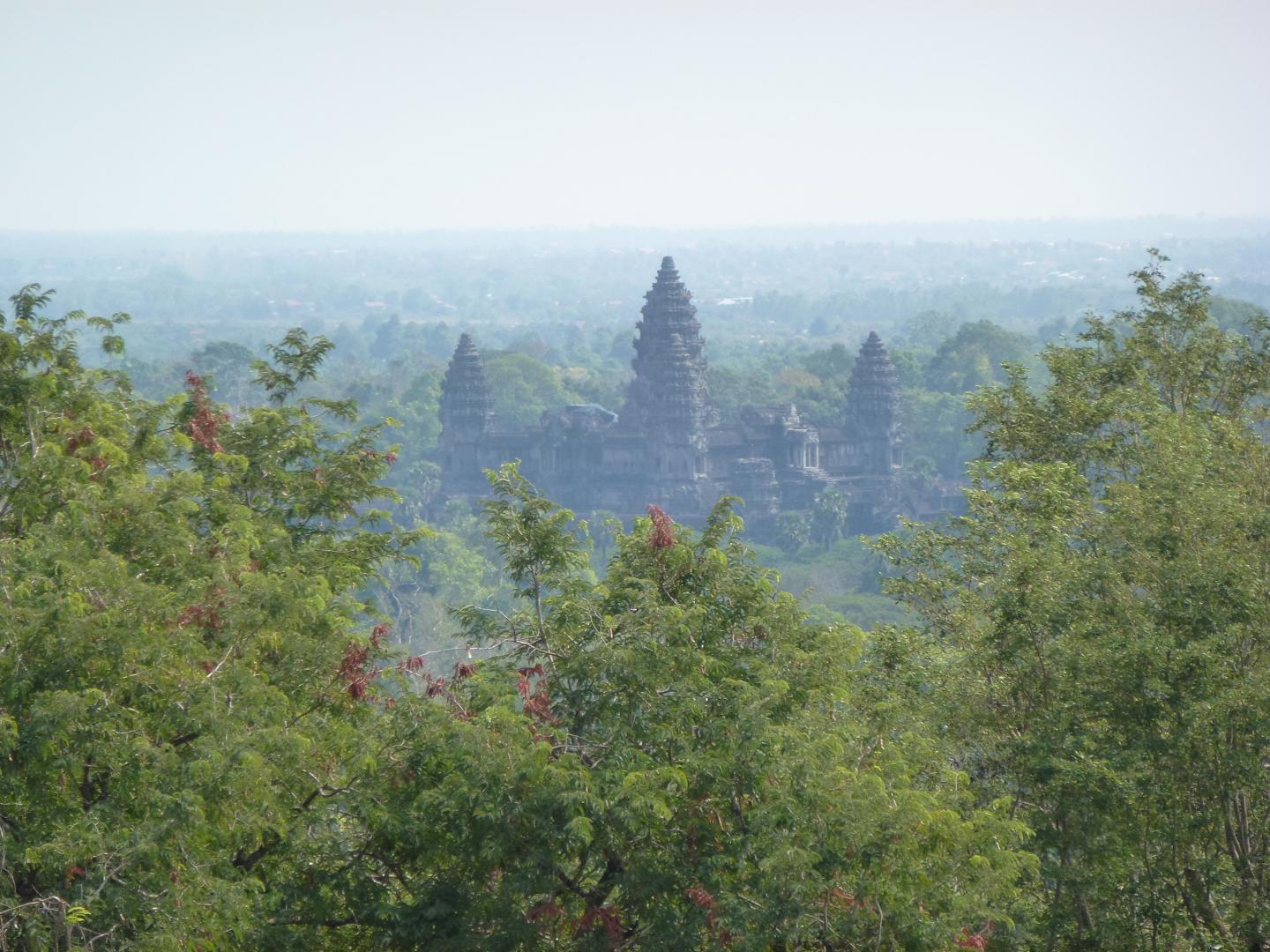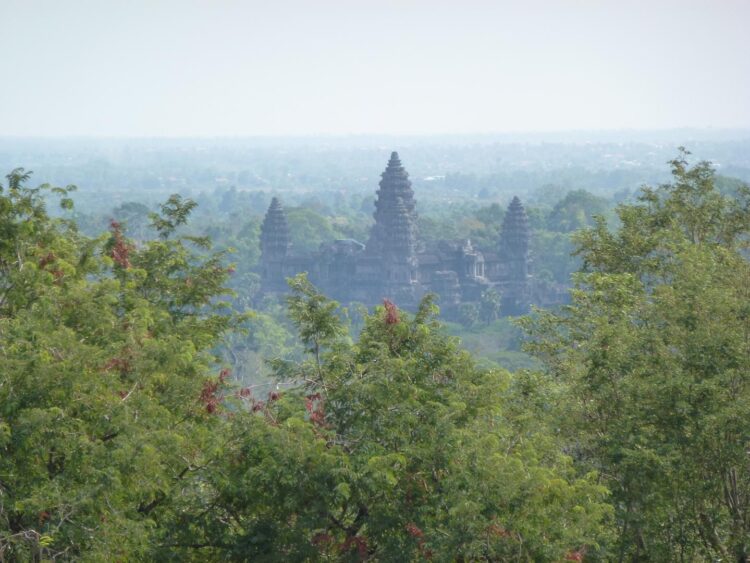
Credit: Alison Crowther
Indiana Jones and Lara Croft have a lot to answer for. Public perceptions of archaeology are often thoroughly outdated, and these characterisations do little to help.
Yet archaeology as practiced today bears virtually no resemblance to the tomb raiding portrayed in movies and video games. Indeed, it bears little resemblance to even more scholarly depictions of the discipline in the entertainment sphere.
A paper published today in Nature Ecology and Evolution aims to give pause to an audience that has been largely prepared to take such out-of-touch depictions at face value. It reveals an archaeology practiced by scientists in white lab coats, using multi-million-euro instrumentation and state of the art computers.
It also reveals an archaeology poised to contribute in major ways to addressing such thoroughly modern challenges as biodiversity conservation, food security and climate change.
“Archaeology today is a dramatically different discipline to what it was a century ago,” observes Nicole Boivin, lead author of the study and Director of the Institute’s Department of Archaeology. “While the tomb raiding we see portrayed in movies is over the top, the archaeology of the past was probably closer to this than to present-day archaeology. Much archaeology today is in contrast highly scientific in orientation, and aimed at addressing modern-day issues.”
Examining the research contributions of the field over the past few decades, the authors reach a clear conclusion – archaeology today has a great deal to contribute to addressing the challenges of the modern era.
“Humans in the present era have become one of the great forces shaping nature,” emphasizes Alison Crowther, coauthor and researcher at both the University of Queensland and the MPI Science of Human History. “When we say we have entered a new, human-dominated geological era, the Anthropocene, we acknowledge that role.”
How can archaeology, a discipline focused on the past, hope to address the challenges we face in the Anthropocene?
“It is clear that the past offers a vast repertoire of cultural knowledge that we cannot ignore,” highlights Professor Boivin.
The two researchers show the many ways that data about the past can serve the future. By analysing what worked and didn’t work in the past – effectively offering long-term experiments in human society – archaeologists gain insight into the factors that support sustainability and resilience, and the factors that work against them. They also highlight ancient solutions to modern problems.
“We show how researchers have improved the modern world by drawing upon information about the ways people in the past enriched soils, prevented destructive fires, created greener cities and transported water without fossil fuels,” notes Dr. Crowther.
People also continue to use, and adapt, ancient technologies and infrastructure, including terrace and irrigation systems that are in some cases centuries or even millennia old.
But the researchers are keen to highlight the continued importance of technological and social solutions to climate change and the other challenges of the Anthropocene.
“It’s not about glorifying the past, or vilifying progress,” emphasizes Professor Boivin. “Instead, it’s about bringing together the best of the past, present and future to steer a responsible and constructive course for humanity.”
###
Media Contact
Nicole Bovin
[email protected]
Related Journal Article
http://dx.





